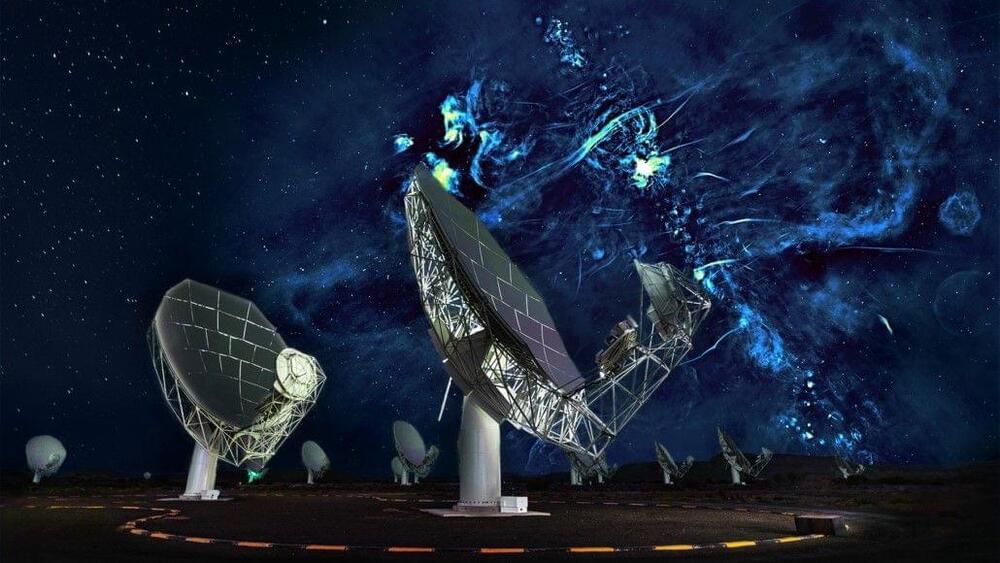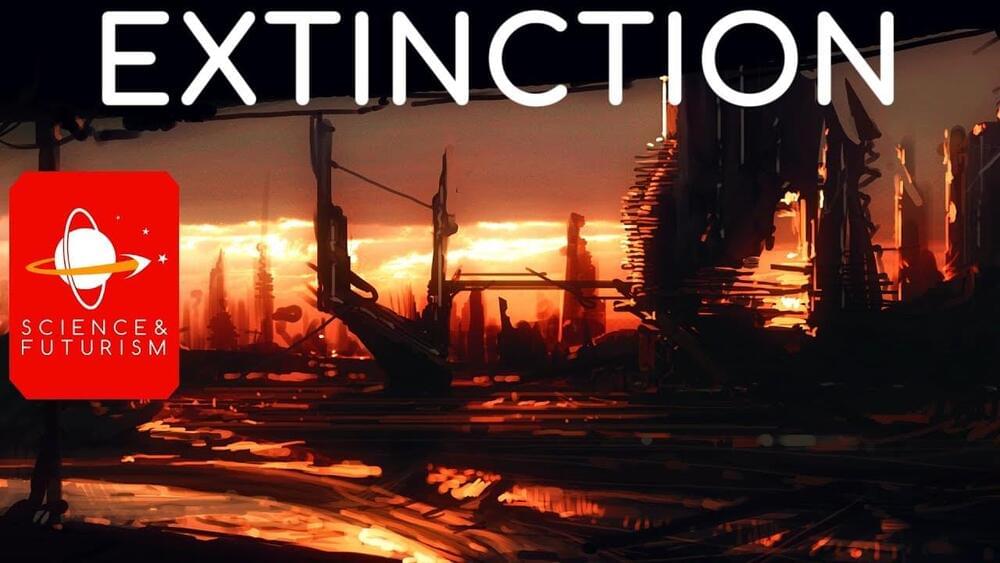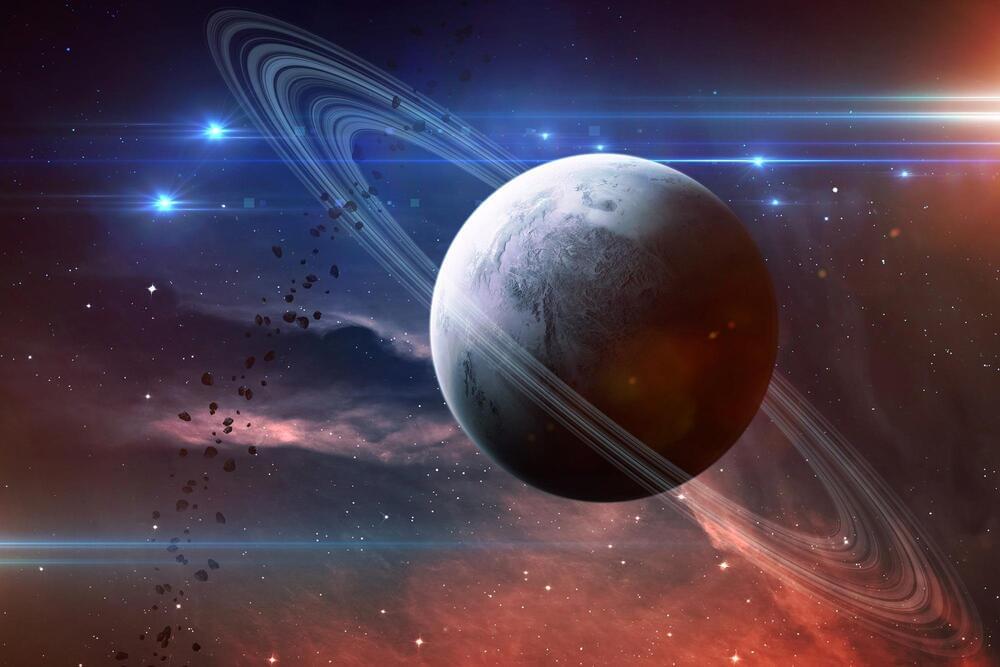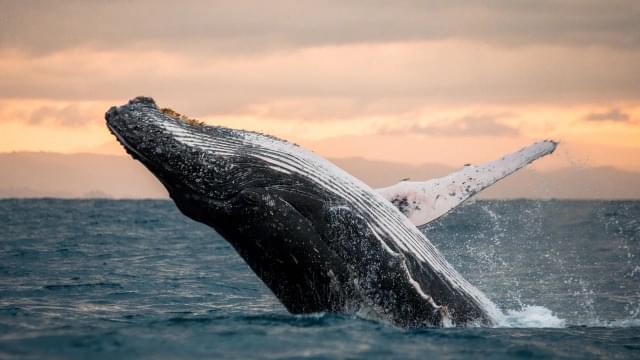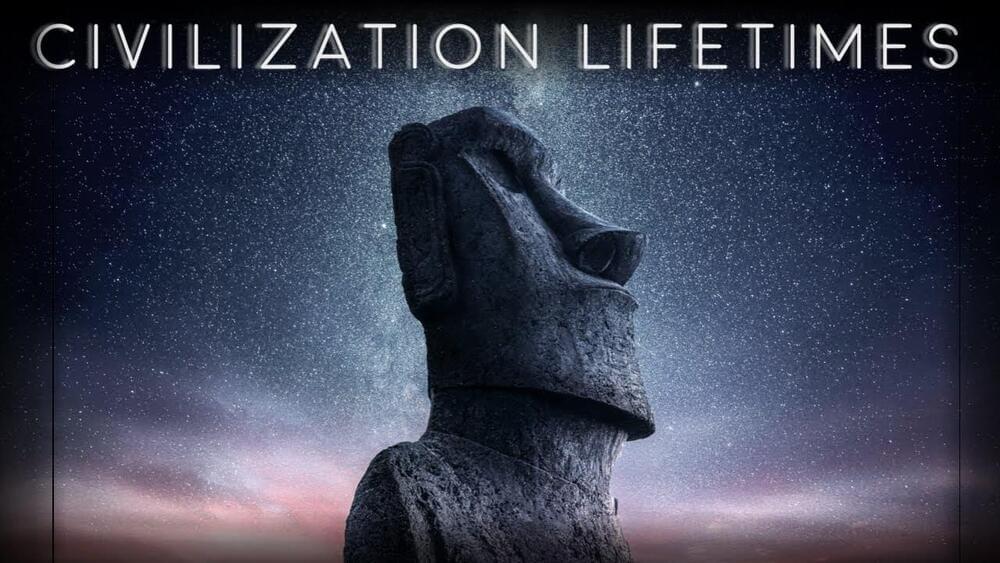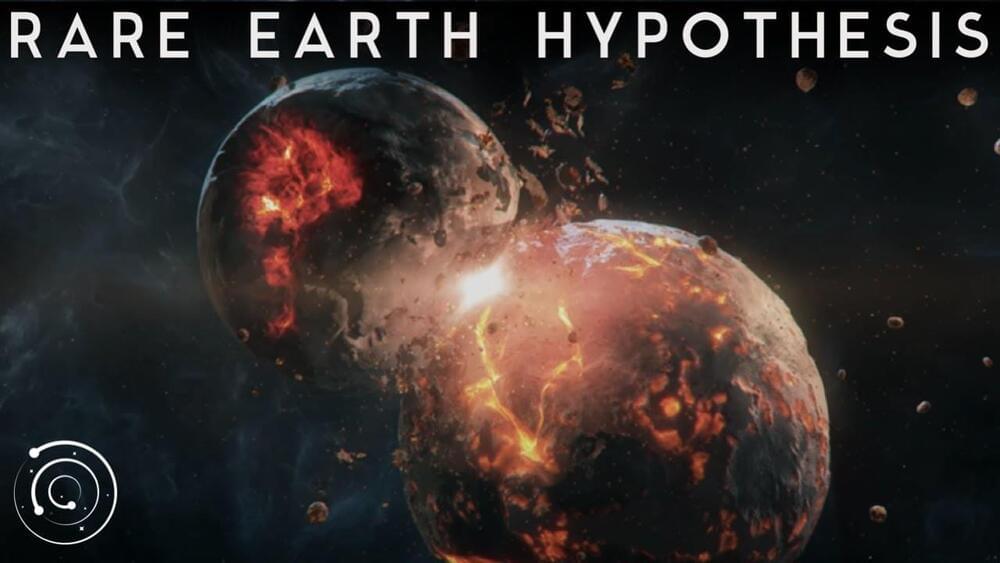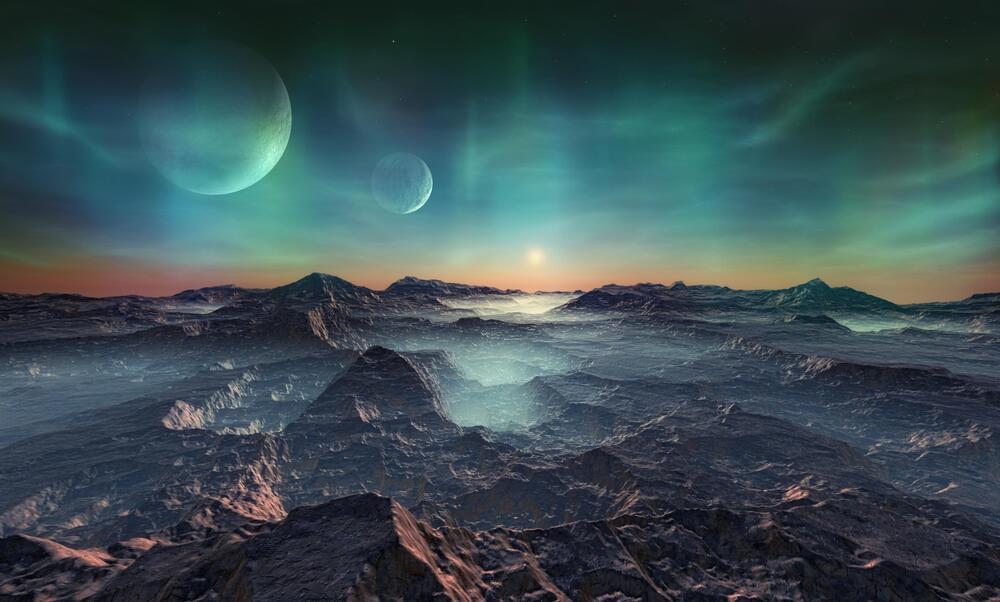
“I wouldn’t want to be on the team figuring out how to build a Jupiter-sized spacecraft, but the odds aren’t zero.”
A team of scientists believes we may be able to detect alien spacecraft flying through distant solar systems using the Laser Interferometer Gravitational-Wave Observatory (LIGO) in the US.
Though the scientists from Applied Physics, a research institute in New York, concede that gravitational wave (GW) detection is “in its infancy”, they also say it is “a sophisticated science” that could be used to “detect extra-terrestrial mega-technology,” in a paper available in pre-print server arXiv.
